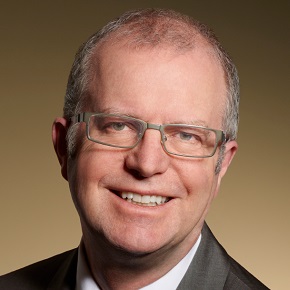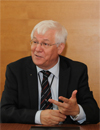 |
||
|
Uranium Seized by ISIS Militants in Iraq Harmless – IAEA RIA Novosti, PUBLISHED 11.07.2014 The International Atomic Energy Agency (IAEA) announced that uranium from an Iraqi lab recently seized by ISIS militants is supposedly low-grade and does not pose any threat, Reuters reported Thursday. “On the basis of the initial information we believe the material involved is low-grade and would not present a significant safety, security or nuclear proliferation risk," the IAEA spokesperson Gill Tudor said. In his letter Alhakim noted that the chemicals "…can be used in manufacturing weapons of mass destruction." According to the diplomat, there is a risk that uranium might be illegally exported from the country. A source in the US government also told Reuters that the materials from the captured lab are unlikely to be used for producing chemical weapons as they are low-grade. Other news: Russia May Sign Agreement to Build 8 Reactors in Iran A source close to the negotiations told journalists Thursday. Hungary Enacts Law to Expand Nuclear Power With Russian Aid Hungary’s president has signed a bill into law to expand a nuclear power plant in the country with Russian assistance. Hungary Lawmakers OK Russia Nuclear Plant Deal Russia will provide Hungary a loan of up to 10 billion euros ($13.5 billion) - around 80 percent of construction costs. Last news:
|
Hero of the day 
We are currently working with the Nuclear Decommissioning Authority (NDA) on this approach, which was submitted in response to their February 2012 call for alternative proposals. We appreciate that the UK is in the early stages of their policy development activities and are pleased to be involved in such important work. INTERVIEW
Yanko Yanev OPINION
Joint Plan of Action |
Licence Р В Р’ВВВВВВВВВВВВВР В Р’В» №ФС77-30792. ATOMINFO™ trademark.

